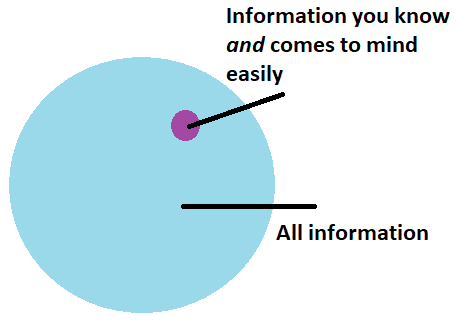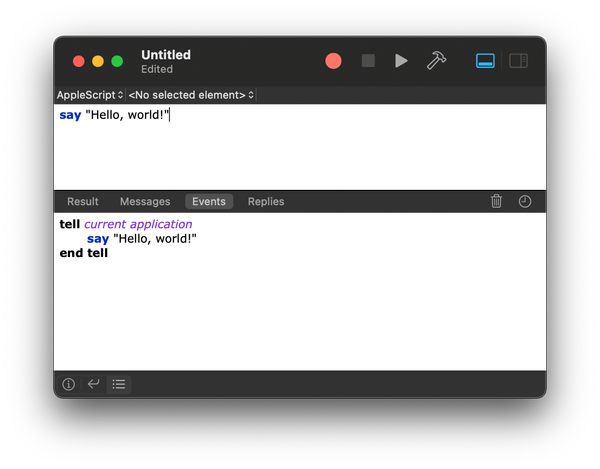The Role of Availability Bias in Information Processing
In the field of cognitive psychology, availability bias refers to the tendency of individuals to rely on readily available information when making judgments or decisions. This bias can significantly impact the way we process and interpret information

Introduction
In the field of cognitive psychology, availability bias refers to the tendency of individuals to rely on readily available information when making judgments or decisions. This bias can significantly impact the way we process and interpret information, leading to potential errors and distortions in our thinking. Understanding the role of availability bias is crucial in various domains, including decision-making, problem-solving and information retrieval.
Definition and Explanation
Availability bias, also known as the availability heuristic, is a mental shortcut that relies on immediate examples or instances that come to mind when evaluating a specific topic or making a judgment. Instead of conducting a comprehensive analysis or considering all available information, individuals tend to rely on the most easily accessible examples or information that they can recall quickly.
Factors Influencing Availability Bias
Several factors contribute to the occurrence and strength of availability bias:
Vividness of Information: People are more likely to rely on information that is vivid, memorable, or emotionally charged. For example, news stories or personal anecdotes that evoke strong emotions may be more accessible in memory and, therefore, have a greater impact on decision-making.
Recency: Recent events or experiences are more likely to be easily accessible in memory, leading to their overemphasis in decision-making. This can result in a neglect of past experiences or data that may be equally or more relevant.
Media Influence: The media plays a significant role in shaping the availability of information. News coverage, social media and other sources can heavily influence the accessibility of certain information, leading to biased judgments or decisions.
Personal Experience: Individuals tend to rely on their own personal experiences when making judgments. If a person has had a negative experience with a particular product or service, they may overestimate the likelihood of similar negative experiences in the future.
Implications and Consequences
Availability bias can have various implications in different domains:
Decision-Making: When making decisions, individuals may rely on easily accessible information, even if it is not representative of the overall situation. This can lead to suboptimal decisions and missed opportunities.
Problem-Solving: Availability bias can hinder problem-solving by limiting the range of potential solutions. Individuals may focus on familiar or easily accessible solutions, neglecting more creative or effective alternatives.
Information Retrieval: When searching for information, individuals may prioritise easily accessible sources or rely on information that confirms their existing beliefs. This can lead to a biased understanding of a topic and hinder the acquisition of accurate knowledge.
Perception of Risk: Availability bias can influence the perception of risk. If vivid and memorable examples of negative outcomes are easily accessible, individuals may overestimate the likelihood of such events occurring.
Mitigating Availability Bias
While it may be challenging to completely eliminate availability bias, there are strategies that can help mitigate its effects:
Diverse Information Sources: Actively seek out diverse sources of information to avoid relying solely on easily accessible or biased information.
Consider Multiple Perspectives: Encourage critical thinking and consider multiple perspectives before making judgments or decisions. This helps to counteract the tendency to rely on readily available information.
Awareness and Reflection: Be aware of the potential influence of availability bias and reflect on your own thinking processes. Regularly question the sources and accessibility of information to ensure a more balanced approach.
Data-Driven Decision-Making: Rely on data and evidence-based approaches whenever possible. This helps to counteract the reliance on anecdotal or emotionally charged information.
Conclusion
Availability bias is a cognitive bias that affects the way we process and interpret information. By understanding its role and influence, we can make more informed decisions, avoid potential errors and improve our problem-solving abilities. Mitigating availability bias requires awareness, critical thinking and a conscious effort to consider a broader range of information sources.



